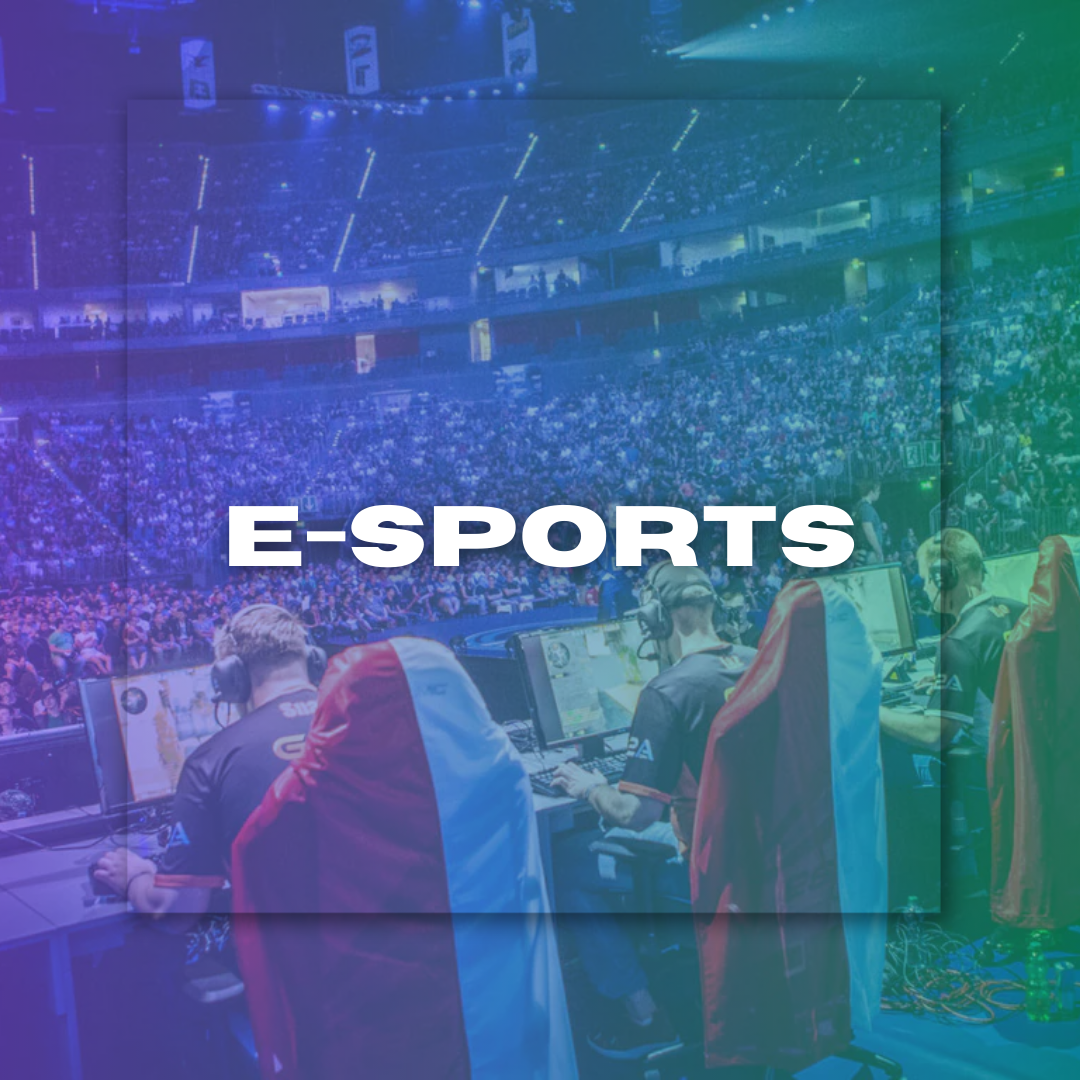
The Impact of COVID-19 on the Tokyo 2020 Olympics Experience
The Impact of COVID-19 on the Tokyo 2020 Olympics Experience
By Oliver Wiener August 07, 2024 01:36
The Tokyo 2020 Olympics, an event eagerly awaited by millions around the globe, unfolded in a historic and unprecedented manner. Scheduled to take place in the summer of 2020, the Games were poised to bring together the best athletes worldwide in a display of unity, competition, and global friendship. However, the advent of COVID-19, a global pandemic of unforeseen scale and impact, fundamentally altered the course of this international spectacle. This article aims to delve into the profound effects that COVID-19 had on the Tokyo 2020 Olympics, not just in terms of its scheduling but also regarding the overall experience for athletes, organizers, and fans alike.
From the monumental decision to postpone the Games by a year to implement stringent health and safety protocols, the Tokyo 2020 Olympics stood as a testament to resilience in the face of adversity, reflecting the complex interplay between sports, global health crises, and the unyielding human spirit.
Postponement and Rescheduling
In March 2020, the Tokyo 2020 Olympics were delayed. It was an unprecedented move by the UCI to protect everyone involved as COVID-19 cases spiraled around many parts of the world. Rescheduling the Games was an immense logistical challenge. Organizers had to juggle many contracts, venue dates, and athlete preparedness while ensuring that everything complied with the updated public health guidelines.
For athletes, the delay would prove to be a brutal blow; many had structured their training cycles and seasons around when Tokyo was due to take place. For example, some high-level athletes time their pinnacle performance with Olympic years, and the postponement threw a wrench into those plans. It was a year in which athletes were uncertain how to respond, changing training strategies when they needed another 12 months of preparation. Many athletes have struggled physically and mentally, as the prolonged wait has brought stress and anxiety to their Olympic dream.
Additionally, the delay impacted the overall flow and execution of this event. The Tokyo Organizing Committee had to re-scope budgets, staffing, and logistical arrangements, all while keeping the Games intact. There were also major financial implications, with some suggesting the postponement would cost them more than $2 billion in lost revenues and even higher operational expenses.
Spectator Restrictions
Unfortunately, the most noticeable characteristic of the Tokyo 2020 Olympics was its lack of fans. Fans had been expected to be allowed at the Games, but rising COVID-19 cases in Japan led Olympic organizers to ban spectators from all events. The atmosphere of the event was shifted entirely by this one decision.
The lack of fans in the stands were a stark reminder of how different these will be from an Olympics, which is as much about fanfare and energy in the building as anything else. The usual crowd of supporters, which often drives athletes to their best performances, was missing, and it took the emotional highs of competition to an all-time low. Various athletes, for example, spoke up about feeling isolated and let down in competition because they could no longer compete before adoring crowds of fans. The only sounds heard were athletes grunting and competing, along with the claps from officials and other team members.
The Olympics experience was also changed for viewers watching from home. With the crowds, a part of that excitement and atmosphere was preserved in broadcasts, creating an entirely different viewing experience. The performances were exceptional, but that emotional connection could have been stronger for fans during these games.
Health and Safety Protocols
In one of the most robust health and safety protocols in modern history for an Olympic Games, a series of measures were implemented to safeguard all participants during Tokyo 2020. These were said to be the mandatory COVID-19 tests, a two-week quarantine with athletes and support staff staying separate from one another, saving only for on-field practice, and social distancing at all times. Athletes had to adhere to a "playbook" that included measures designed to limit the risk of infection.
It was this implementation of these protocols that proved to alter what is commonly an ordinary taste of the Olympics. Wearing a mask had been common, even during competition and socializing. Athletes were often not permitted to interact with others outside their immediate team or living quarters, stifling the usual camaraderie and socialization between competitors. As a result of all this, they introduced more restricted proceedings, and it helped to make the environment quite void compared with that of earlier Olympic Games.
The organizers also employed a "bubble" system to keep athletes from the public. Although this has kept the spread of COVID-19 in check, athletes have felt isolated because they could not experience a host city during an Olympics and interact with local culture or people like we do in real life.
Economic Impacts
The COVID-19 pandemic had serious economic consequences for the Tokyo 2020 Olympics. Not having fans in attendance hurt the atmosphere and caused an incredible loss of revenue. Since ticket sales are a big moneymaker for the host city, having them cost less than $800 million in lost revenue from tickets alone.
The Games, postponed last year due to the pandemic, have become a matter of pride for Japan as it battles criticism over healthcare failures and struggles with low vaccination rates. The added operational costs and lost revenue during that chaotic night in Tokyo begged the question of whether hosting large-scale international sporting events could continue under these circumstances.
Legacy and Lessons Learned
The Tokyo 2020 Olympics ended with a legacy of surprises, highs, and lows that reflect the difficulties imposed by the pandemic. The Games were about so much more: stories of resilience, triumph, and moments for the record books. Tokyo 2020 will undoubtedly have a lasting impact on the organization of future Olympic Games, which are likely to place an even greater importance on health and safety.
Another important lesson from Tokyo 2020 is the need for flexibility and adaptability in event planning. Given how rapidly the ground conditions shift, future organizers will need to move quickly and maintain flexibility. The pandemic further reminded us of the importance of having strong disaster preparation and health procedures when planning mass gatherings.
It also reaffirmed athletes' resolve and how sports worldwide have bounced back. Even with these hurdles, athletes overcame them via their unprecedented desire and versatility while still competing at the highest level of a given sport. This spirit of not giving up will change the landscape for young athletes; this adversity would have inspired a generation in practice and competition.
COVID-19 transformed our experience with Tokyo 2020 in all its versatility and intensity. The pandemic upended the Games in every respect, from a decision to delay them by one year to constraints on spectators and strict health protocols. For the world after Tokyo 2020, lessons must be learned about how we can move forward with major international sports events together.
LATEST
- NEWS
- |
- ARTICLES
- |
- VIDEOS






















































































